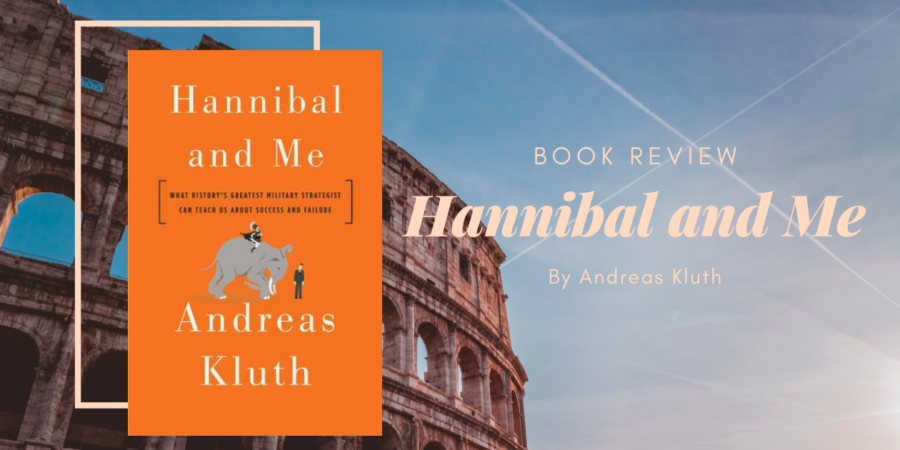One day, Cher messaged me to ask me to read Hannibal and Me so that she had someone to discuss it. I assumed that she was done and borrowed the book, but as it turns out, we finished around the same time. We’ve had a bit of a chat about the book on telegram, but it’s time for me to continue writing out my thoughts on the book (hi Cher! I know you read this!).
The first thing to note about Hannibal and Me is that you shouldn’t be thinking about this as a regular history book, not even as pop-history. Instead, think of this as a mash-up of history and self-help. Through the biography of Hannibal and other figures in history, Kluth brings out lessons that we can learn about what success means. Lessons include:
- Victories and failures as imposters
- The relationship between success as a youth and success that comes when you’re older (basically, succeeding as a youth means it’s unlikely you’ll continue succeeding).
- Tactics vs strategy: having a long term plan helps you plan which battles to win, which to lose, and how
- What to do when you meet with disaster: learn from Fabius in how he accepted reality and then flowed with it to prevent the destruction of Rome.
- The importance of staying balanced
Apart from Hannibal, figures covered in this book include Eleanor Roosevelt, Albert Einstein, and Steve Jobs. Jung and the MBTI was also mentioned, although if you want a proper explanation of his influence on the test, I’d recommend reading The Personality Brokers by Merve Emre. Having so many people mentioned makes the lessons in the book feel universal, but it also means that the book isn’t solely about Hannibal and the people in his lifetime, which I guess contributed to the “self-help” impression that Cher and I had.
That said, it was a good read. Although I wasn’t expecting to learn so much about people other than Hannibal, I thought that there were plenty of great lessons in the book. And of course, I learnt quite a bit about Hannibal. Naturally, I’ve heard of him before, but this was the first time reading about his invasion of Rome, his first series of triumphs, and his greatest enemies. It was all very fascinating and it makes me want to read more about his life in detail – if you have any recommendations for biographies of Hannibal, please let me know!

This does sound like an interesting mash-up. Self-help and history is a different sort of combination, but I suppose it seems like a natural one. History has a lot of teach us, if we pay attention. I don’t know much about Hannibal, but this sounds like a good introduction, even with the author’s approach.
As someone who knew nothing about Hannibal before this book (and was more likely to think of Hannibal Lector than the historical figure), I definitely came away with a basic understanding of the man and his life, even though he wasn’t the only focus of the book.